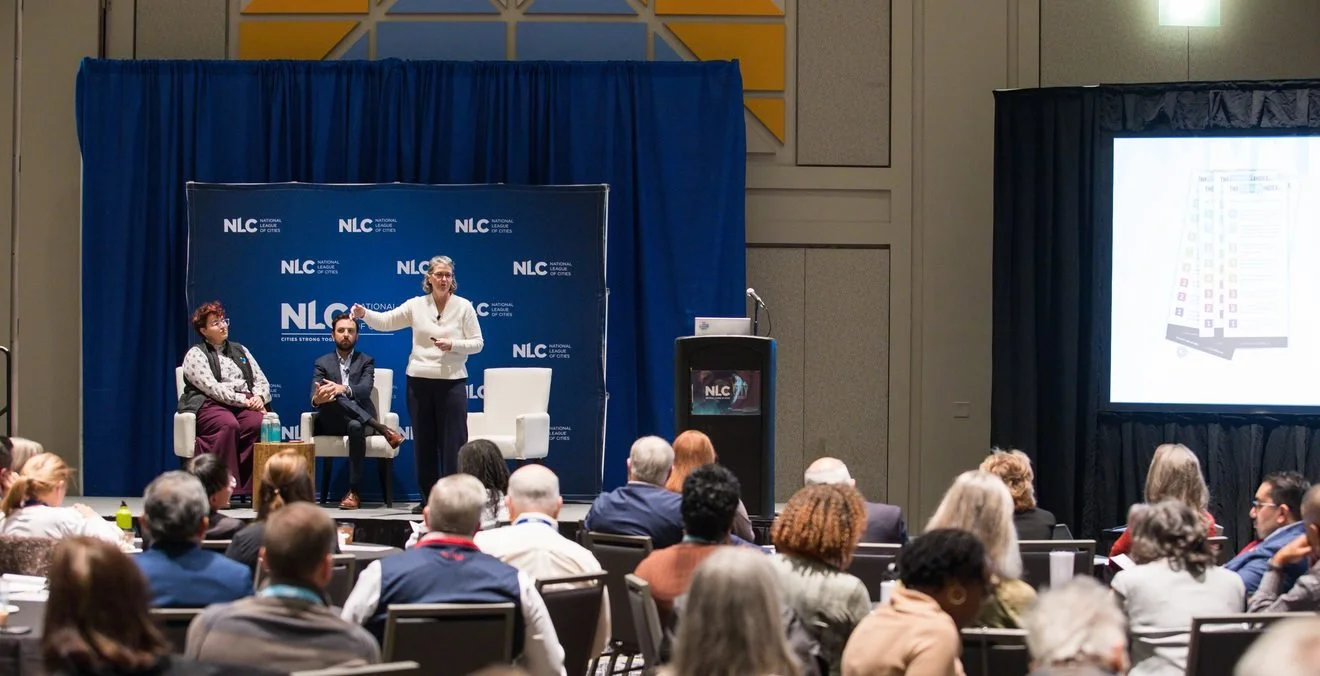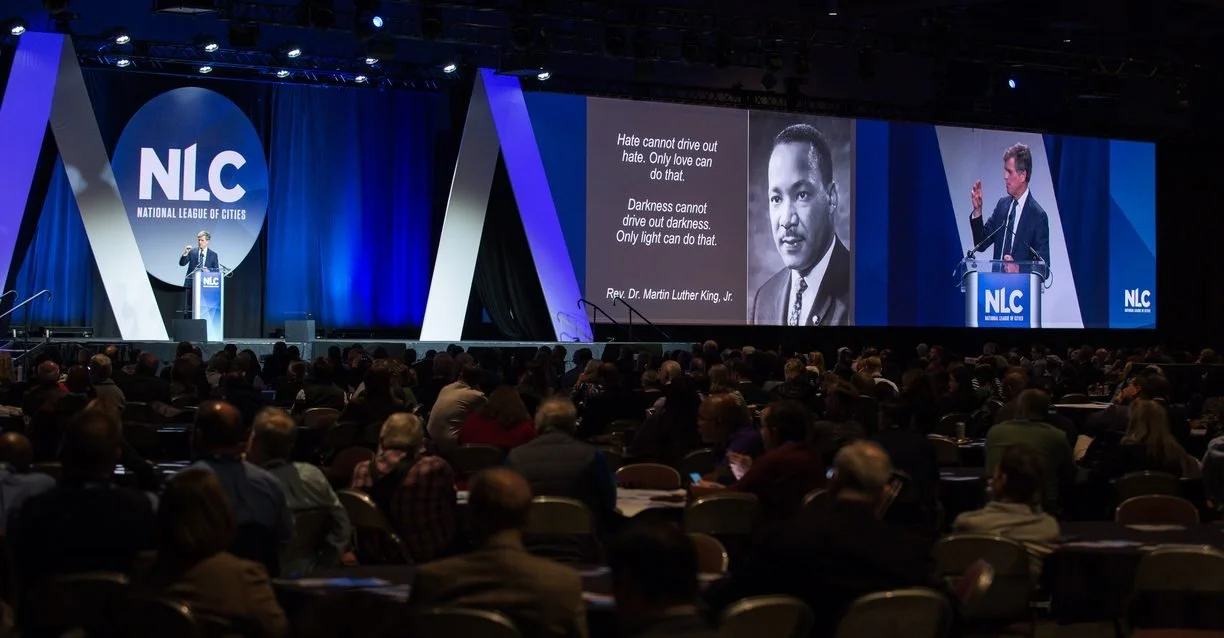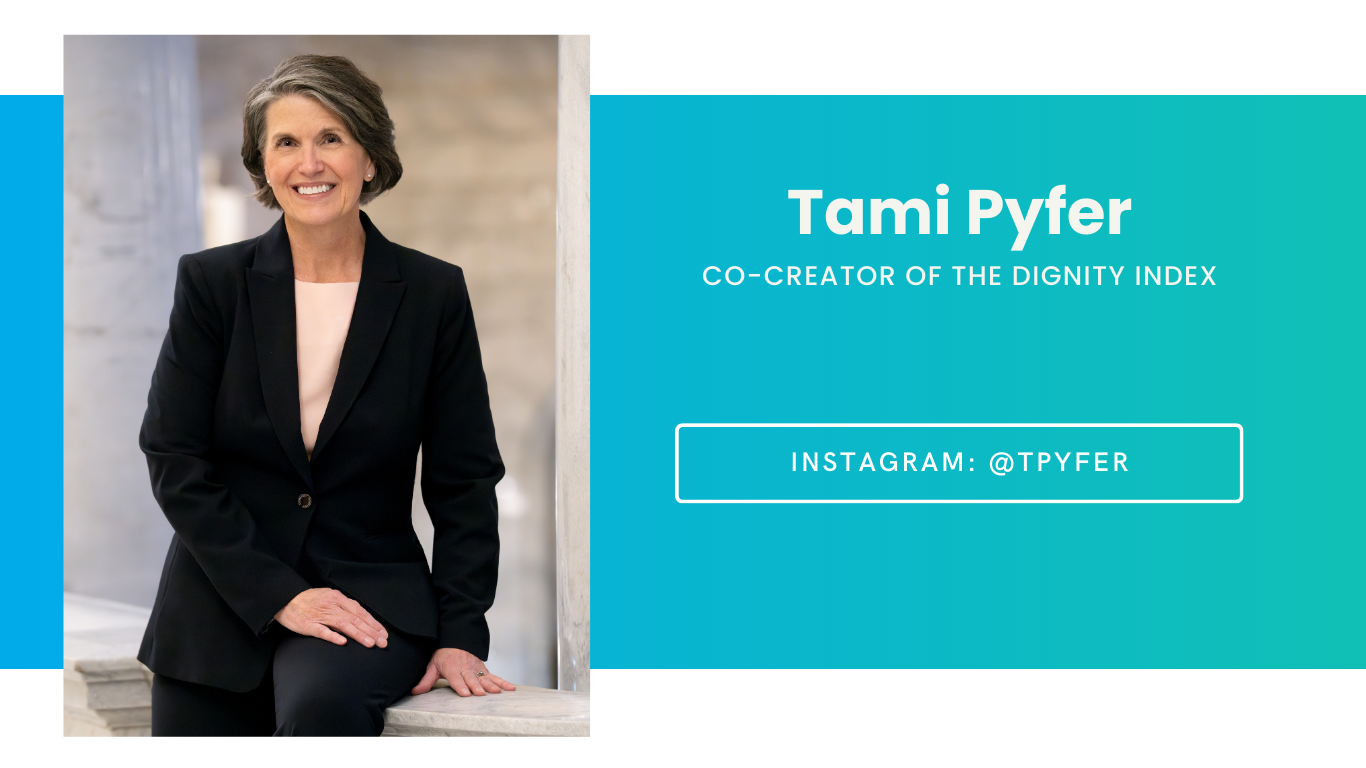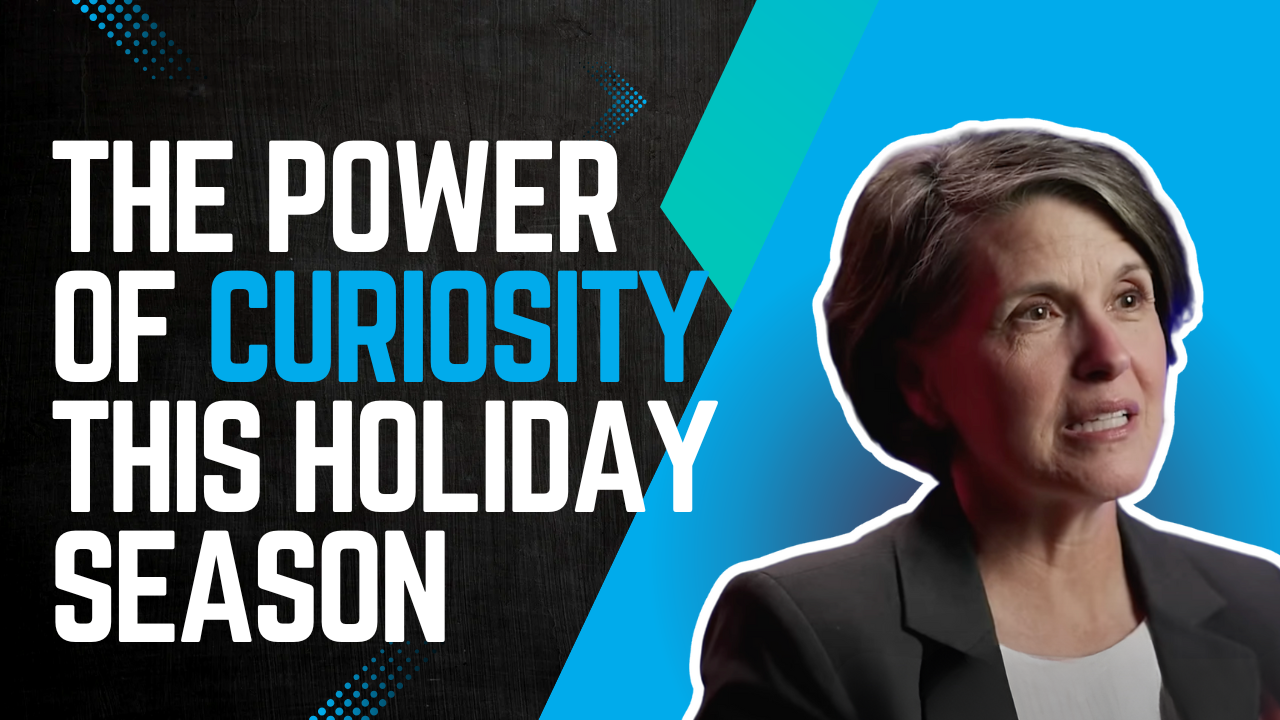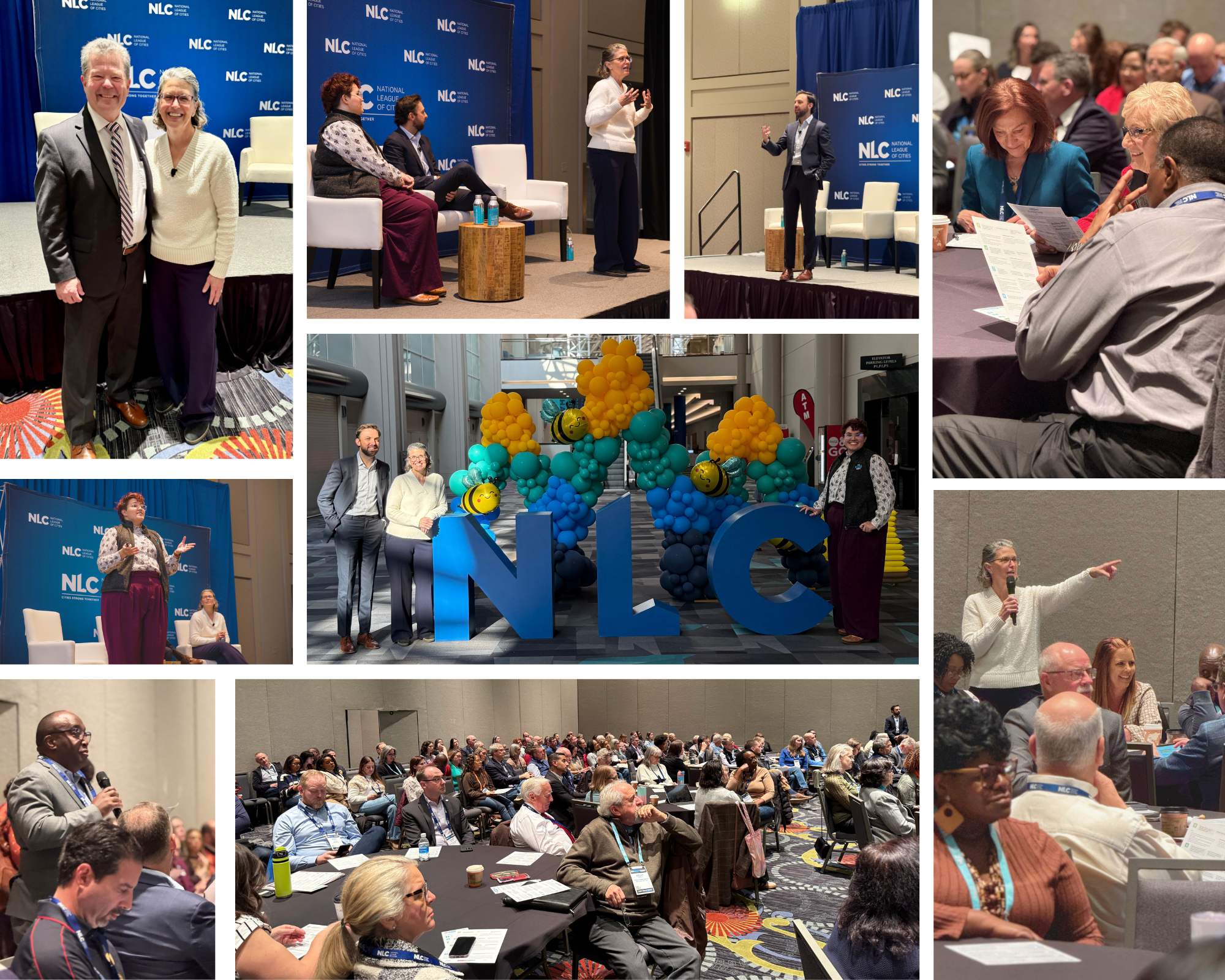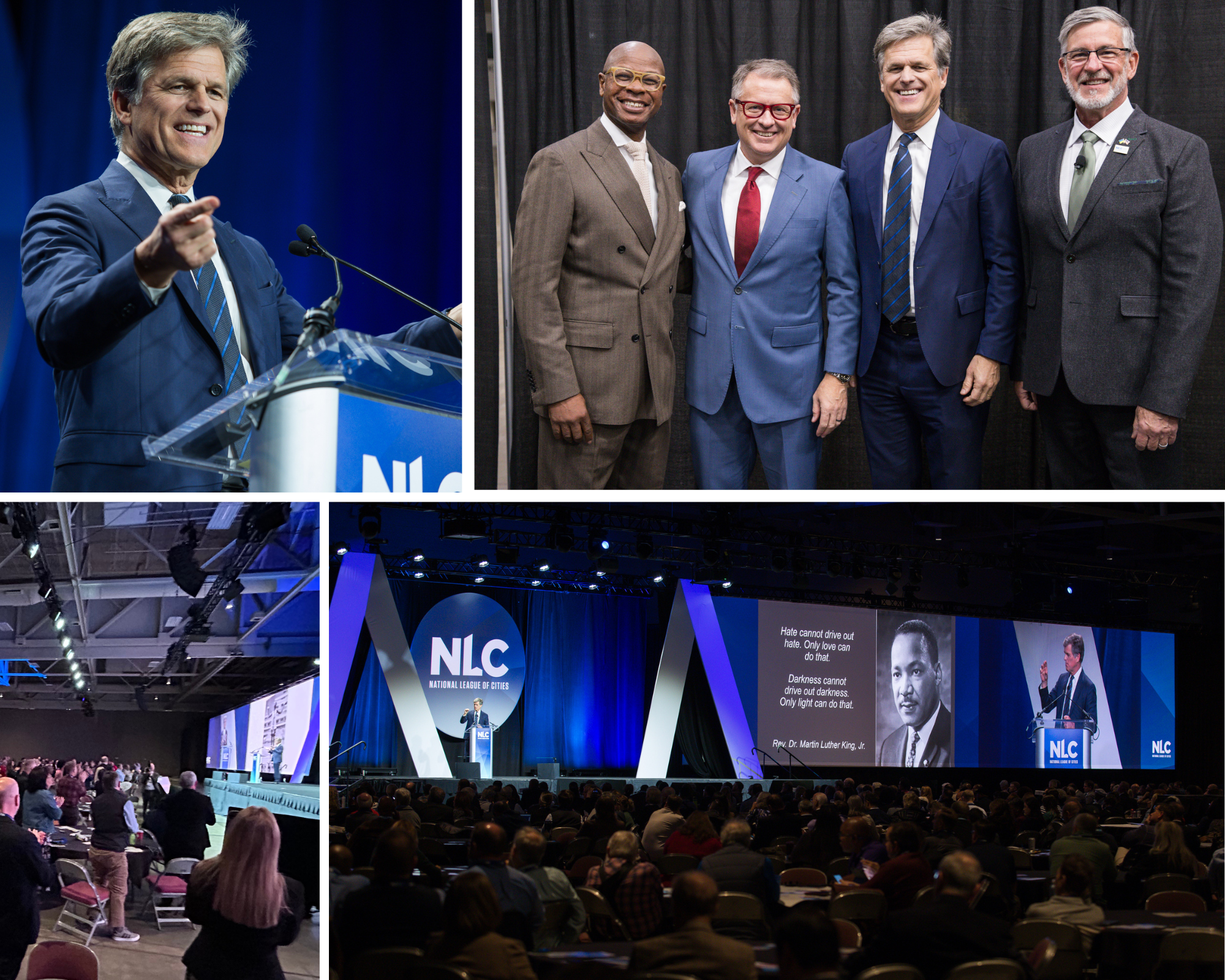But my favorite moment of the day came when I shared with the 200 leaders in my breakout a “nonpartisan experience” I’d had earlier in the week. During my presentations, I often display our family photo, with the various political labels carried by my family members, and share that I am a “moderate Republican” and my husband, Aaron, is a “very conservative Republican.” But that day I explained to the group, “There’s been a shift in our family.” I then shared a conversation I’d had with my husband earlier in the week.
Knowing that I was preparing for my next presentation, Aaron asked me to change his political label on our family slide, from "conservative Republican" to "unaffiliated fiscal conservative." At first, he said "unaffiliated conservative," but he wanted to signal that he was aligning with fiscal policies that were conservative, not with the label “conservative” in general, which we both feel has lost its meaning. So he added “fiscal” to the label. Then Aaron said, “I may land on just "unaffiliated."
I was completely caught off guard. "This is big news,” I said. “What's changed?" He said he was sick of the contempt; sick of both parties always blaming and creating enemies and stoking outrage. “I’m tired of being manipulated,” he said. “Label me as unaffiliated.”
I was surprised at how much Aaron’s story resonated with this audience. They cheered in solidarity.
This is politics at its best: holding onto your principles and values, challenging contempt when you hear it, changing your mind when you feel compelled to, treating others with dignity, and “unaffiliating” from outrage politics.
We may not be able to change the national discourse overnight, but we can affirm the work being done at the local level. I’m going to take a minute today and email my mayor and city council representative, thanking them for their service. Will you join me in doing the same—thanking someone you’re grateful for who is choosing problem-solving over partisanship.
Tami

